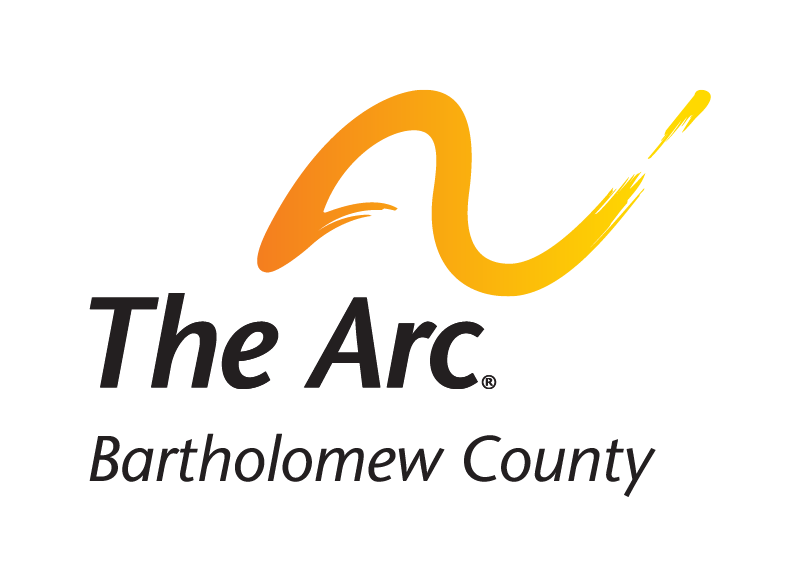Organization Spotlight— Cordell & Friends
In honor of Black History Month, we wanted to highlight a local Black-founded organization that serves individuals with disabilities in our community. Cordell & Friends, a local organization that aims to serve individuals with disabilities, is a Black-owned non-for-profit that has big ambitions and an amazing mission.
About Cordell & Friends:
Cordell and Friends is a nonprofit organization, founded in 2020, that focuses on providing support, education, advocacy and most importantly, inclusivity, to minority families who have children with disabilities. Whittney Gaines, the founder of Cordell & Friends, has extensive and well-rounded experience in many aspects of disability care, including caring for her own children who have disabilities, being a foster parent and social worker, working as a Special Education teacher, and more. To learn more about Whittney and her family, including the circumstances that led to the formation of Cordell & Friends, click here.
What Cordell & Friends Does:
Over the last 2 years, Cordell & Friends have worked to become known in the community and spread their message and plans. Currently, Cordell and Friends offer support groups to parents and caregivers with children who have disabilities that are welcoming and most importantly, inclusive. They also support many community events, including the Buddy Walk and the upcoming Always Ready for Chocolate! They host support groups for families who have children with disabilities and plan fun, inclusive activities; including multiple photoshoots with photographers who have experience working with children who have disabilities (pictured above).
Future Plans/Goals:
The organization has big dreams for the next few years. They are currently in the stage of raising funds to expand their services and reach. Within the next 5 years, they aim to open a home that allows children in the system to stay together, rather than being separated into different homes, particularly sibling groups that include a child with a disability. Whittney explained that children with disabilities are almost always separated from their siblings when in the foster care system, which can cause extensive trauma and further delays. She dreams of the facility being an actual home for children, not just a temporary placement that does not offer comfort or a sense of safety and security.
Whittney and those involved with Cordell & Friends have proved that they are passionate about their work and willing to put in the work to make a positive difference in their communities and in the lives of children with disabilities. Your support for Cordell & Friends makes their dreams and goals a reality, leading to the support and care of children who are often overlooked and put through unnecessary trauma.
You can follow Cordell & Friends’ journey on their website, Facebook, and Instagram (@cordellandfriends).
Intersection of Race and Disability:
Cordell & Friends aims to fight the inequalities and discrepancies that minority groups, particularly those with (or who have children with) disabilities, face regarding disability resources and care.
Whittney’s biological son, Cordell, was born with Cerebral Palsy. She and her husband adopted 2 young girls who are Caucasian and have various disabilities. She has experienced, first-hand, the inequality of care and unfair stereotypes and assumptions that her children face. She expressed that the availability and quality of care has always been better for her Caucasian daughter. Whittney also explained that the ways in which her children are treated and perceived are sometimes vastly different, as the stereotypes that are unfairly placed on Black individuals still apply when they have disabilities. For example, when her son is perceived to misbehave, he may be called “aggressive” or '“violent”; but when her daughter displays the same behavior, she is “frustrated” or “flustered”.
The term intersectionality was originally coined to describe the “complex and multidimensional social phenomenon of double oppression that Black women experience in the United States.” The term has expanded to include interlocking aspects of identity as it relates to race and disability. (1) The intersectionality of race and disability is an issue that is often overlooked or not taken seriously. The stereotypes, inaccurate preconceptions, and blatant racism that many minority groups face does not pass over individuals with disabilities in minority groups. In fact, people often experience more marginalization if they have more than one marginalized identity (2).
Statistics:
Disparities in the diagnosis and treatment of autism in children in the BIPOC (Black, Indigenous and people of color) communities has resulted in later identification and higher misdiagnosis rates (1)
Only 28.7% of working-age African Americans in the United States of them are employed (3)
Approximately 40% of African Americans with disabilities are living in poverty, compared to 22% of African Americans without disabilities (3)
The National Institute of Health estimates students with disabilities are referred to juvenile justice at rates five times higher than students without disabilities (4)
These rates are higher for Black and Latinx students (4)
At The Arc of Bartholomew County, we aim to bring light to these issues and make clear to our community that we advocate for the rights, fair treatment, and inclusion of all individuals with disabilities, regardless of race. The Arc, as a whole, makes it a goal to prioritize efforts that eliminate racist barriers, systems, and biases, including reversing the impacts of historical discrimination, while working towards collective access.
References:
1: https://www.researchgate.net/profile/Elizabeth-Morgan-19/publication/359665776_Addressing_the_Intersectionality_of_Race_and_Disability_to_Improve_Autism_Care/links/624b73e07931cc7ccf159e51/Addressing-the-Intersectionality-of-Race-and-Disability-to-Improve-Autism-Care.pdf
2: https://thearc.org/wp-content/uploads/2022/06/AEI-Strategic-Plan.pdf
3: https://www.michigan.gov/mdcr/newsletter/the-intersectionality-of-race-and-disability
4: https://indianapolisrecorder.com/the-intersection-of-race-and-disability/


